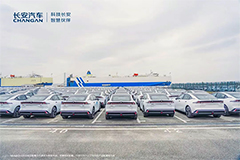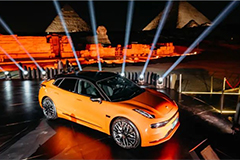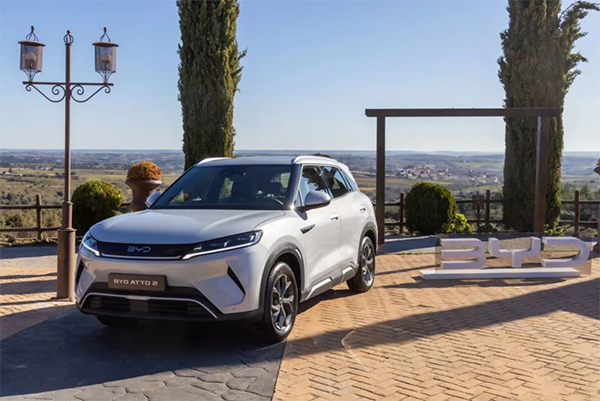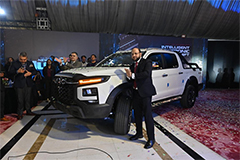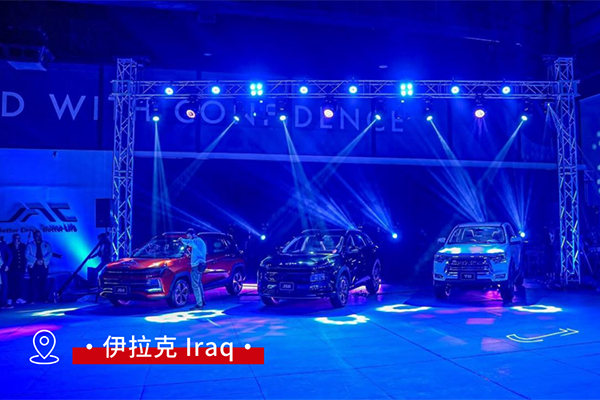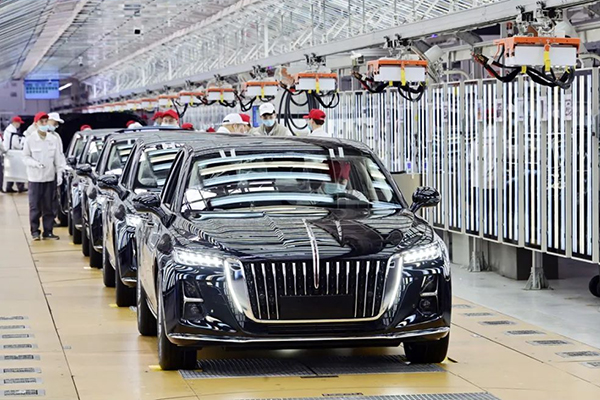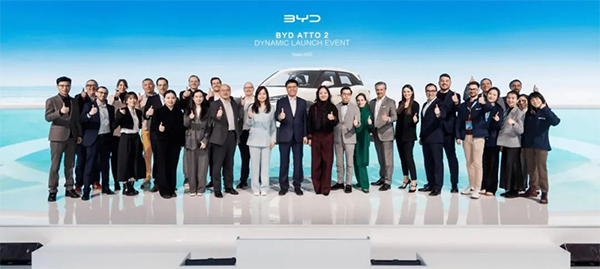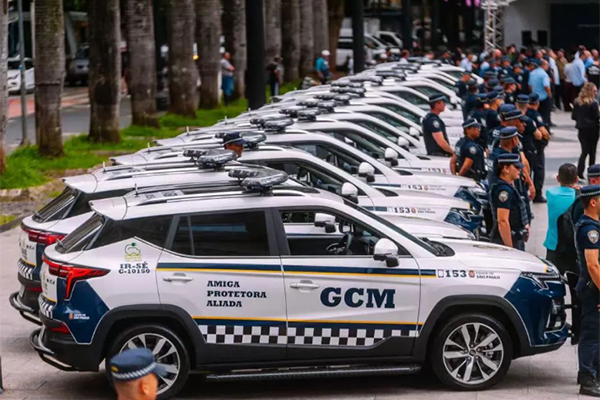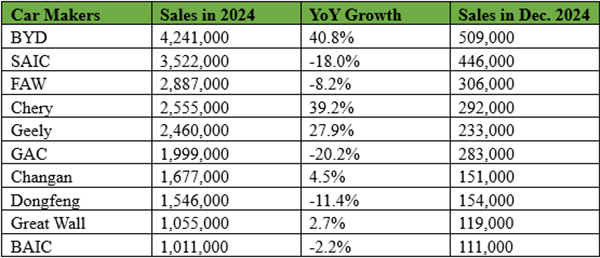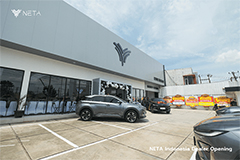Premium car brand Aito, which is backed by telecommunications equipment maker Huawei Technologies Co, has marked down the prices of its M5 and M7 models, heating up competition in China’s electric vehicle (EV) market a week after Tesla announced sweeping discounts in the world’s largest car market.
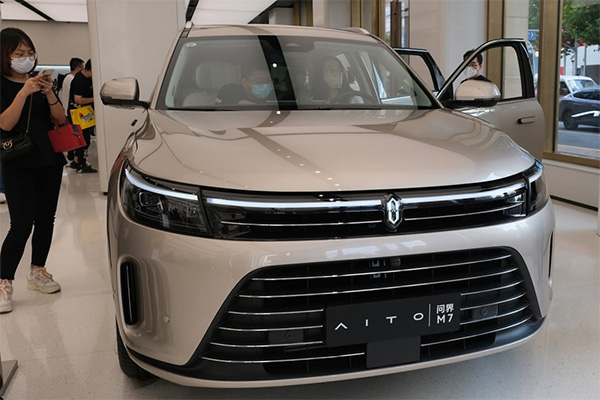
Aito, which was jointly launched in December 2021 by Huawei and EV maker Seres, cut prices by as much as 30,000 yuan on three of its M5 and M7 models, which now cost from 289,800 yuan to 309,800 yuan, according to an announcement on Friday. The entry-level M5 model was marked down by 28,800 yuan to 259,800 yuan.
The basic M5 model’s 259,800-yuan price tag costs 100 yuan less than what Tesla’s Model Y Long Range electric sport utility vehicle currently sells for.
Tesla’s surprise discounts the past weekend had earlier triggered a protest at a delivery centre in Shanghai, where buyers demanded rebates from the US carmaker because they were not given advance warning on its latest price cuts.
The heavy price adjustments made by Aito after Tesla’s discounts reflect the drop in demand for premium battery-powered vehicles in China, as lay-offs in the country’s technology industry, manufacturing disruptions and the pandemic-ravaged economy push budget-conscious consumers to opt for cheaper EV models.
China’s EV market is likely to lose pace in 2023, even if the country is seven years away from the day when three of every five new vehicles on the road will be fully electric-powered.
Aito, which started deliveries last March, faces stiff competition in China’s crowded EV market. Beijing’s push to widen adoption of EVs nationwide has attracted more than 200 companies, which have collectively invested tens of billions of dollars in developing, designing and assembling EVs in the world’s second-largest economy.
Aito launched two models last year, which Huawei helped to sell through its network of bricks-and-mortar stores across China. Partner carmaker Seres, which is based in Santa Clara, California, is a subsidiary of Shanghai-listed Chongqing Sokon Industry Group Co.
At the end of last year, Aito said it sold a total of 76,180 EVs. It ranked sixth in sales among Chinese EV start-ups, according to delivery figures released by the companies. This group was led by Hozon Auto’s Neta, Beijing-based Li Auto and Shanghai-based Nio.
Huawei’s foray into the EV market forms part of the Shenzhen-based company’s efforts to diversify its sources of revenue after it was blacklisted by the US government in 2019. Tightened trade restrictions in 2020 essentially crippled Huawei’s once-lucrative smartphone business, which has run out of advanced in-house designed chips.



